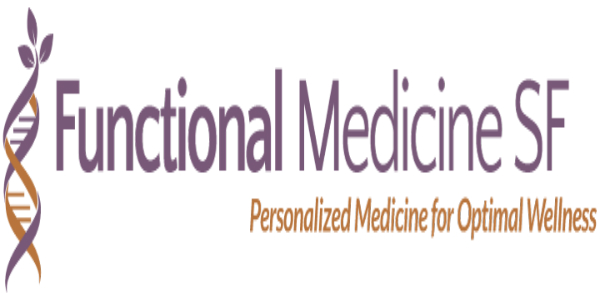So, I’ve ended up as a member on a mommy doctor Facebook page — added possibly by a friend or colleague, but I’m not sure.
Over the past few weeks, I’ve read their posts, I’ve made some comments and I’ve found myself compelled to be one small, gentle voice suggesting that things can be different. These mommy doctors are passionate, committed and dedicated to their profession. They are also striving to be the best mommies they can be — pumping between cases, obsessing over their milk supply and the health and happiness of their little ones, while striving to stay fit and healthy themselves. Unfortunately, way too many of them, even beyond their training years, are working so much. Extremely early mornings, 12+ hour days, night call, weekend call, etc. is routine and few, if any, even question if it is normal. I can only guess that any incremental improvement over the sacrifice of their training years feels like a relief and goes relatively unnoticed. But here, in this mommy doctor social media group is a forum hidden from the public, a forum that exists outside the walls of the institutions that indoctrinate these mommy doctors into rigid ways of thinking and working, and here, it is safe for many to express the growing discontent they are feeling. I can tell from their posts, most want more time with their children, many would desire to work less, some are so burned out, they don’t want to continue at all, but many are torn by the demands of their jobs and hopelessly realize few alternatives exist. Some are too worried to rock the boat or can’t see another way out from the mountain of debt their training has them under — and this makes me sad. And so, I’m compelled. Much like with my patients, when I can see that the demands of the lifestyle they’ve created is also the thing that’s making or keeping them sick, here, too, I’m compelled to gently probe, what if you worked less?
What if we had a system that provided a balanced work life where these crazy schedules could be less the norm and mommy doctors or doctors in general began to create a different culture? What if they didn’t feel immense pressure to sacrifice to the intense demands of this profession? What if we had a different system of medicine where patients striving for health and balance was modeled after the health and balance of the physician? What if medicine could be practiced in a way that less resembled a game of whack-a-mole and looked more like a therapeutic relationship focused on systematically restoring balance? What if the role of the physician was to give support to patients to restore health, which reciprocally resulted in less demands on the physician, and instead, offered more spaciousness to provide care, to hold space and to counsel their patients?
I’ve long thought that the paradigm of medicine needs to change from the inside out. Thankfully, more and more patients are demanding longer visits, fewer bandaids and more healing. People are motivated to get well, to have their health restored, not merely their symptoms managed. The Functional Medicine paradigm is here to answer that, taking the time to get to root cause so patients can heal from the inside out.
Perhaps this is one more layer that may promote that shift — if more doctors refused to work in the assembly-line and cookbook medicine our healthcare system has become: churning out cases in 7 minute increments, only to result in an entire country of people needing ever more symptom management with highly profitable drugs. What would happen if doctors started to refuse to see 25, 30 or 40 patients in a day? What would happen if they said no to the mandated prescribing standards by which they are evaluated? What would happen if more doctors got frustrated with the status quo and found a new way to do things that could render the current system obsolete? Could a healthcare coup ever happen? Will it ever get bad enough to be toppled?
I don’t have the answers to these questions for now, but I’m left with this brilliant passage that I’m sure echoes the feelings these mommy doctors have buried under layers of demands and well represents my own passion for doctoring:
“I often wonder: Why am I a doctor?
I want to live in the real world, a world without pretense, a world where people can’t hide behind money or status. Illness uncovers our authenticity. Doctoring satiates my need to be witnessed and to witness the raw, uncensored human experience. I crave intensity.
Like an emotional bungee jumper, I live to inhale the last words of a dying man, to hear the first cry of a newborn baby, to feel the slippery soft skin in my hands, to cut the cord and watch a drop of blood fall on my shoe, to wipe a new mother’s tears, to introduce a father to his son, to hold a daughter’s hand as she kisses her father good-bye one last time.
I am a doctor because I refuse to be numb. I want to live on the precipice of the underworld, the afterworld, to look into patients’ eyes, to free-fall into an abyss of love, despair, death and then wake up tomorrow and do it all again.
Maybe doctoring fills a hole, a void. I doctor for connection, to be needed—to be loved.”
Chapter 90, The Raw Truth, Pet Goats & Pap Smears by Dr. Pamela Wible.
This is the medicine few get to practice, but for which many entered the profession. This is the medicine that needs resurrection. I only hope for the time being, I can open a few of their eyes to this possibility and gently influence a paradigm shift. I’ll hold off on the coup for now. 😉


